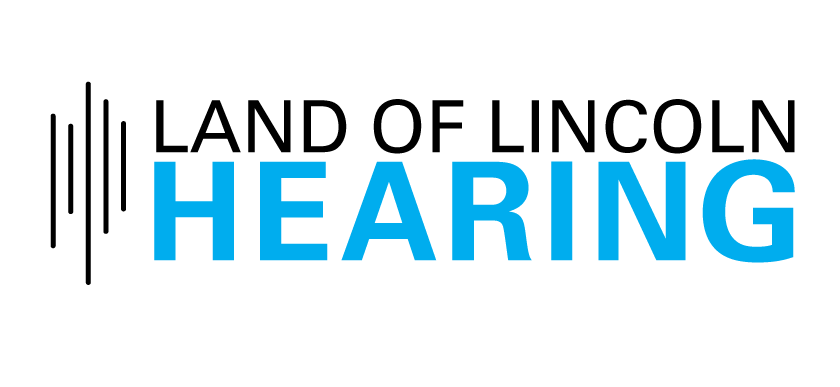That’s a great question, and a complicated one to answer! Hearing loss can be caused by a multitude of things: some are preventable and some are not. For me to write about everything that can cause hearing loss — and then all the ways to avoid each cause — would make for a very long blog post. We will save that for another day.
Instead, I am going to write about what you can do to avoid the second-leading cause of hearing loss — noise-induced hearing loss.
Did you know that one in four U.S. adults have noise-induced hearing loss? That’s a lot of people (at least 40 million)! The good news is that you can protect your hearing in most situations. And if you practice good hearing protection, not only do you increase your chances of avoiding noise-induced hearing loss, it will go a long way towards helping you avoid age-related hearing loss, which is the number one cause of hearing loss.
Here are a few ways to protect your hearing (and help avoid hearing loss):
Minimize your exposure to loud noises
This is the best way to avoid hearing loss. How do you know what’s too loud? Environments where you have to raise your voice to talk to other people, where you can’t hear what people nearby are saying, where the noise hurts your ears or, really, where any noise exceeds 85 decibels are too loud.
Wear hearing protection
There are times when you are put into loud situations or environments and you simply can’t avoid them. These include certain work environments, sporting events, concerts, bars/clubs, mowing your lawn, etc. In those situations, you should use hearing protection.
Hearing protection comes in a variety of different styles including ear plugs, custom plugs, “earmuffs” and more.
Watch the volume
With the way technology is advancing these days, almost everyone has something in their ears. Consider investing in higher quality earphones that block out background noise, to help you moderate your listening levels in noisier places. Also, the general rule of thumb to use when setting your volume is: You should be able to hear and converse with a person arm’s length away from you easily. If you cannot, then it is too loud.
Buy quieter products
You probably never think about how loud some of your household products are. Some products such as children’s toys, blenders and hair dryers. can get louder than 100 decibels! That means that it would take less than 15 minutes of use for you to damage your hearing. I justified buying a fancy new hair dryer because of how loud my old hair dryer was.
There are other decisions or changes you can make in your life to help avoid hearing loss, including:
Don’t put anything in your ear
Your ears naturally clean themselves. By putting products in your ears, you can cause infections and or actually puncture your ear drum, which can lead to permanent hearing loss.
Don’t smoke
Research studies have shown a positive correlation between smoking and hearing loss. It’s better just to say no.
Keep a healthy diet
Other research studies show that women who maintain a healthy diet have reduced risk/rates of moderate to severe hearing loss compared to women who do not eat healthy.
Get your hearing tested
Having your hearing tested regularly is a great way to know how your auditory system is working. By getting your hearing tested regularly, you will be able to monitor your hearing easily, know if any changes are occurring, and treat any hearing loss early, before it gets to be a problem.
Nothing is guaranteed to prevent hearing loss. But the advice above should help you avoid it, or at least put it off for as long as possible.
Call Land of Lincoln Hearing, today! We are hear to help :)
Photo by Bahram Bayat on Unsplash









